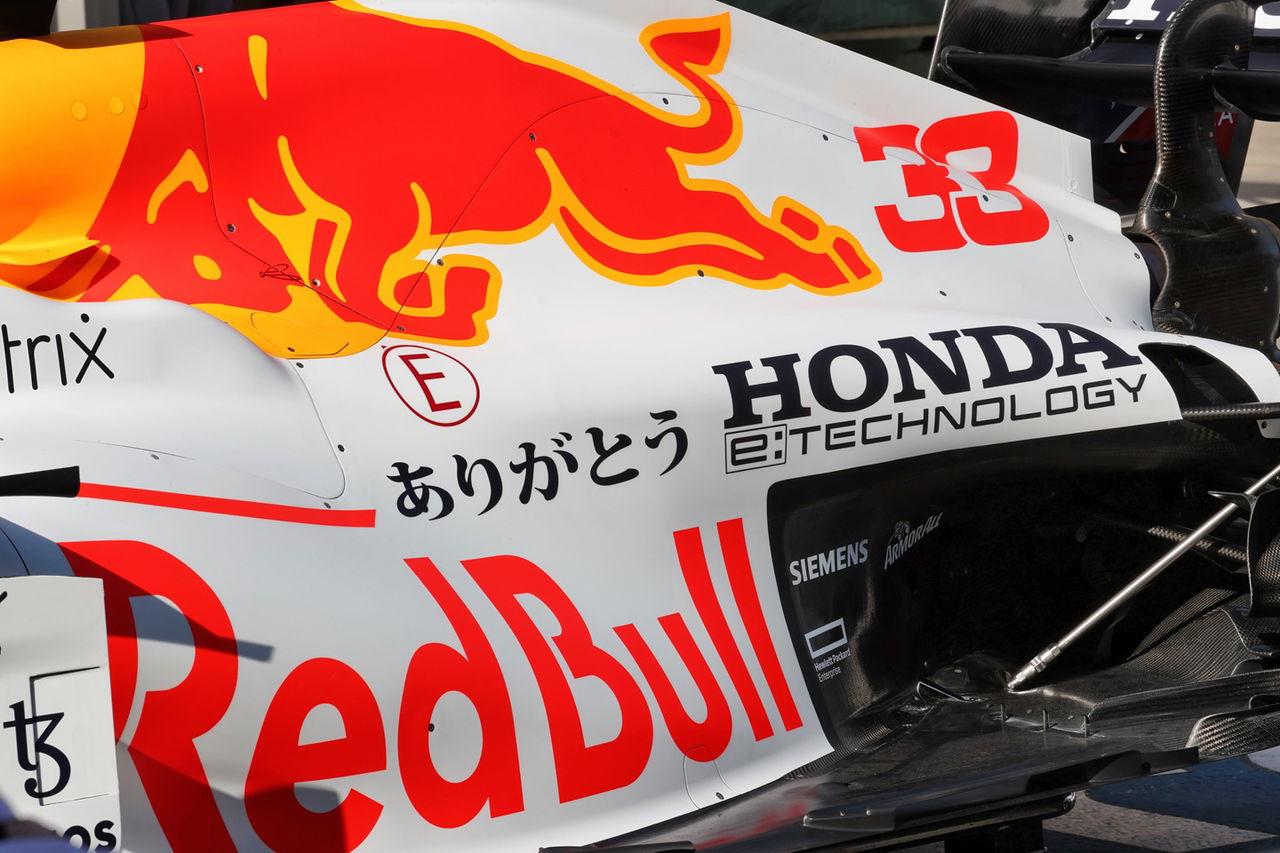Honda has stated that it is impossible for the company to supply the 2026 Formula 1 power unit to Red Bull if their engine program fails. The partnership between Red Bull and Honda, which began in 2019, resulted in four straight driver championships and consecutive constructor titles from 2021 to 2024. However, their collaboration will end this year because Red Bull must develop its own engine for 2026 following Honda’s initial withdrawal from Formula 1.
The new power units are highly complex, and Red Bull will be the first non-manufacturer team to design and manufacture hybrid engines in F1 through their Red Bull Powertrains division. They have partnered with Ford, particularly for the production of the MGU, but questions remain about the competitiveness and reliability of their initial engine.
Regarding rumors about Honda possibly stepping in as a backup for Red Bull’s engine program, the president of Honda Racing Corporation firmly dismissed the idea, stating that it is absolutely impossible due to timing and that it would be too late to complete the engine for 2026.
Honda first announced its permanent exit from F1 in 2020 but reversed its decision in response to new 2026 regulations focused on electrification and sustainability. By then, Red Bull had heavily invested in its own powertrain division, so Honda signed a factory deal with Aston Martin instead. Development is ongoing to integrate Honda’s new engine with Aston Martin’s 2026 car, including gearboxes designed internally by Aston Martin’s Silverstone team.
Watanabe, president of Honda Racing Corporation, expressed satisfaction with the collaboration between Honda and Aston Martin, as testing of the 2026 engine and gearbox is being conducted in both the UK and Japan. He clarified that the current power unit is for testing only, combining the latest technologies, with ongoing collaborative tests involving staff from both HRC and Aston Martin. The Aston Martin-produced gearboxes are nearing their final version and testing will continue.
Fan Take: This news is critical for racing fans because it highlights the challenges and high stakes involved in F1’s technical evolution, especially with major teams like Red Bull stepping into engine manufacturing. How Red Bull’s new powertrain performs could reshape the competitive landscape and set new standards for innovation in the sport.



